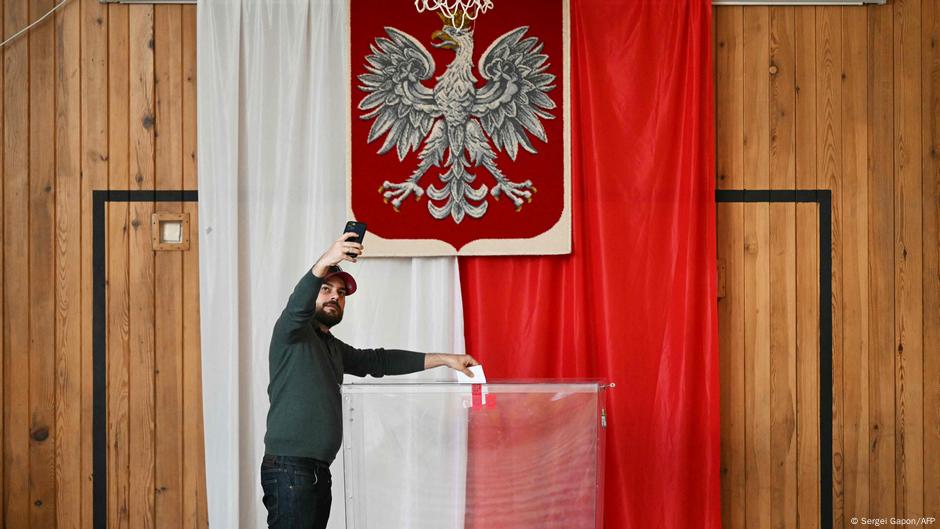
As the polls open today for the presidential runoff in Poland, the nation stands at a pivotal crossroads. The closely fought election features two significantly different candidates: Rafal Trzaskowski, the pro-European mayor of Warsaw, and Karol Nawrocki, a conservative nationalist endorsed by the outgoing president, Andrzej Duda. With public sentiment running high, the significance of this election cannot be overstated.
### The Candidates
Rafal Trzaskowski represents the Civic Coalition party, which is led by former European Council President Donald Tusk. At 53 years old, Trzaskowski has built a political career on liberal values. His tenure as Warsaw’s mayor since 2018 has been marked by a focus on social rights, including a commitment to soften Poland’s near-total abortion ban and to protect LGBTQ rights. Analysts believe that a victory for Trzaskowski would fortify Tusk’s reformative agenda and possibly reshape Poland’s direction within the European Union.
In stark contrast, Karol Nawrocki embodies traditional Polish nationalism. A 42-year-old historian and former director of the World War II museum in Gdansk, Nawrocki has gained traction by arguing for policies that favor “Poland first, Poles first.” His skepticism toward the EU and support for stricter immigration controls resonate with a significant portion of the electorate seeking to preserve what they consider core Polish values. Nawrocki’s platform aligns closely with the opposition Law and Justice party, which governed Poland from 2015 to 2023.
### A Tight Race
The race is exceptionally tight, with previous polls indicating that Trzaskowski won the first round on May 18 by a narrow margin of just over 31% compared to Nawrocki’s nearly 30%. The close results suggest that today’s election will be a referendum not just on the candidates but also on the future of Poland’s national identity and its role in the EU.
Polling stations across the nation opened today, and voters are bracing for a result that could reshape Poland’s political landscape for years to come. Exit polls are expected shortly after voting concludes at 9:00 PM local time.
### Implications for the Future
The stakes are high in this electoral showdown. The president of Poland wields significant power, particularly the authority to veto laws, making the outcome critical for the future agenda of the centrist government led by Tusk. Should Trzaskowski win, he could help usher in a more progressive era, focusing on strengthening Poland’s ties with Europe. Conversely, a Nawrocki victory would likely herald a return to nationally-focused policies, emphasizing sovereignty over broader European integration.
### Why Every Vote Matters
Interestingly, many voters report that this election isn’t merely about personal preference; it’s more about voting against the other candidate. For some, the choice is less about enthusiasm for a particular vision and more about resisting a political direction they oppose.
This phenomenon emphasizes just how divided Polish society has become in recent years. The decision lies with the electorate: whether to embrace a liberal, pro-European agenda or to retreat into a more conservative, nationalist framework. With both candidates neck-and-neck, every single vote will play an essential role in determining Poland’s path forward.
### Conclusion
As Poland votes today, the outcome of this presidential runoff holds the key to the nation’s ideological future. The choice between Rafal Trzaskowski and Karol Nawrocki extends beyond policies—it reflects deep societal pulses and the nation’s identity. This election is an opportunity for Polish citizens to express their vision for their country’s role in Europe and the world at large. With strong divisions in public sentiment, it becomes imperative for voters to make their voices heard, for every vote truly matters in this historic moment.
Source link









